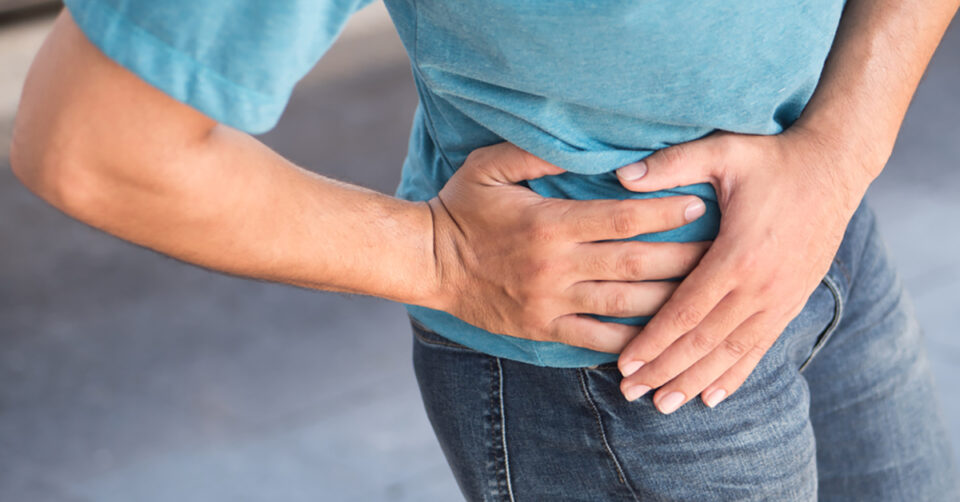Hip pain is generally used for the pain around in and around the hip area. The pain could also be felt in the thigh or the groin. Hip pain depends on what part the damage is. Hip pain can be temporary, short-term, or more significant issues that need treatment from a doctor. Sometimes, the pain may come and go; some people experience pain while walking or running and not at rest. Some people also feel it at different times, like in the morning or at night. Hip pain can affect your daily routine. Here are the various reasons that cause hip pain grimes.
Arthritis
Various types of arthritis can make your joints stiff and swollen due to the breakdown of cartilage, causing pain. Arthritis causes inflammation in your joints. Hip arthritis is very common.
Bursitis
You can blame Bursitis if it hurts on your buttocks, thighs, or the outside of your hips. It’s a painful swelling around a fluid-filled sac called the bursa. The most common types of Bursitis are Trochanteric Bursitis and Iliopectineal Bursitis. Older people above 60 years are mostly affected by this.
Injuries
Any injury that damages the part of your hip joint can cause pain. It could be from sports injuries, car accidents, or repetitive strain injuries. Some of the most common injuries are bone fractures, muscle strains, hip labral tears, and iliotibial band syndrome, among others.
Tendonitis
Tendons are thick tissues that are responsible for attaching bones to muscles. Tendonitis is the irritation and inflammation caused to the tendons. It happens because of repetitive stress from overuse.
Conclusion
Medicines like ibuprofen can bring a lot of relief if the pain is caused by arthritis or muscle joint pain. Another method is putting ice on the area of pain for about 15 minutes a few times a day. You should try to rest the joint area till it feels better. Also, a warm bath or shower can prepare your muscles for stretching exercises that can lessen pain. Low-impact exercises, swimming, and resistance training can also reduce your pain. Physical therapy can increase your range of motion. However, call your doctor or get in touch if the pain still persists. Get medical help instantly if the pain is intense, the joint looks deformed, there is a popping sound in the joint at the time of injury, or you are unable to move your leg.

